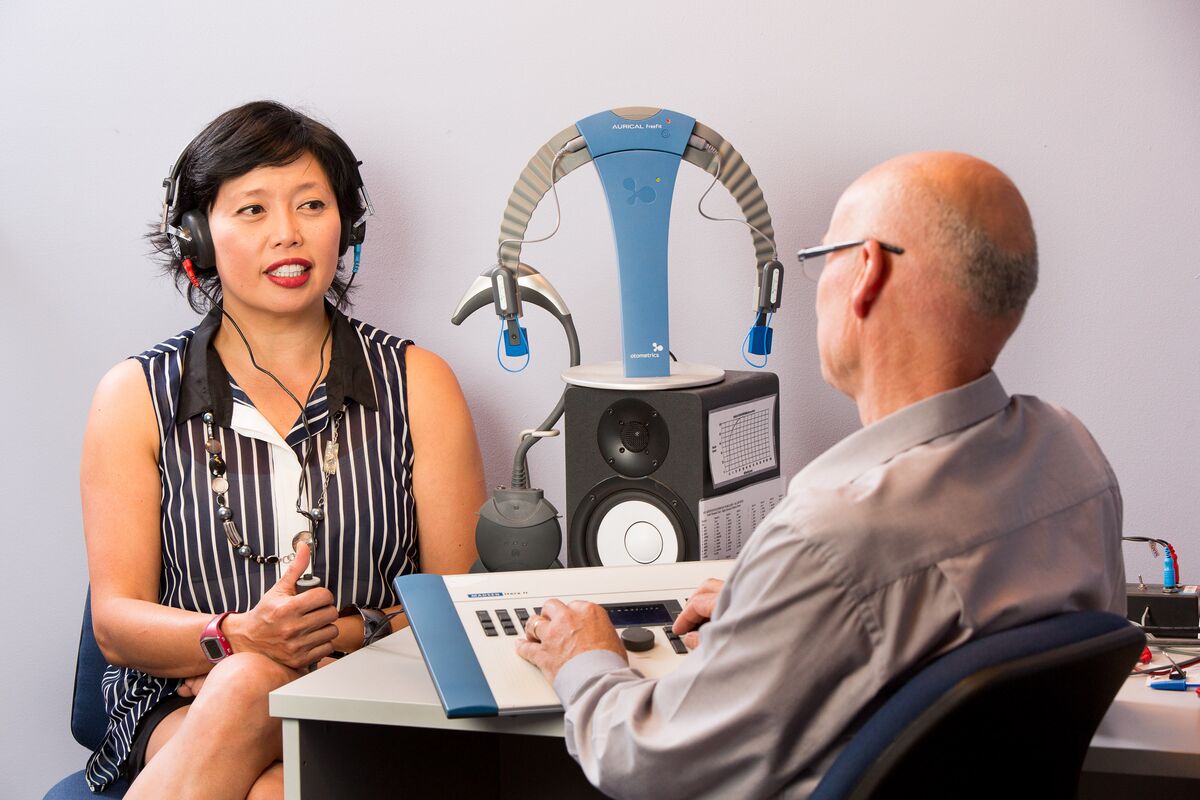Auditory Processing Disorders (APD), also known as Central Auditory Processing Disorder (CAPD), occurs when the brain has problems processing the information contained in sound, such as understanding speech and working out where sounds are coming from.
Auditory processing is what our brains perceive or understand from what we hear. This process is complex and uses significant brain cells than hearing. To put it in perspective, a person can have good hearing (ears sending the sounds to the brain) but poor auditory processing (where the brain does not match up the sounds properly).
Understanding APD
Who can it affect?
APD presents in both children and adults and affects 3 – 5 percent of the population (about one child in every classroom).
How does it affect children
Children with APD have normal hearing but can have trouble listening, learning and concentrating in noisy environments like the classroom. They can be intelligent students but can struggle with transferring thought to paper.
How does it affect adults?
In adults, APD may manifest as poor listening skills, poor reading comprehension, or miscommunication in professional and personal settings.
Are there any known causes?
There is no on clear cause of APD. A number of factors including genetics and ear infections may a role. It is very common for young children to have middle ear problems that go unnoticed until much later in adulthood.
How is it diagnosed?
Audiologists diagnose APD in consultation with a range of professionals including speech pathologists, psychologists and teachers.





